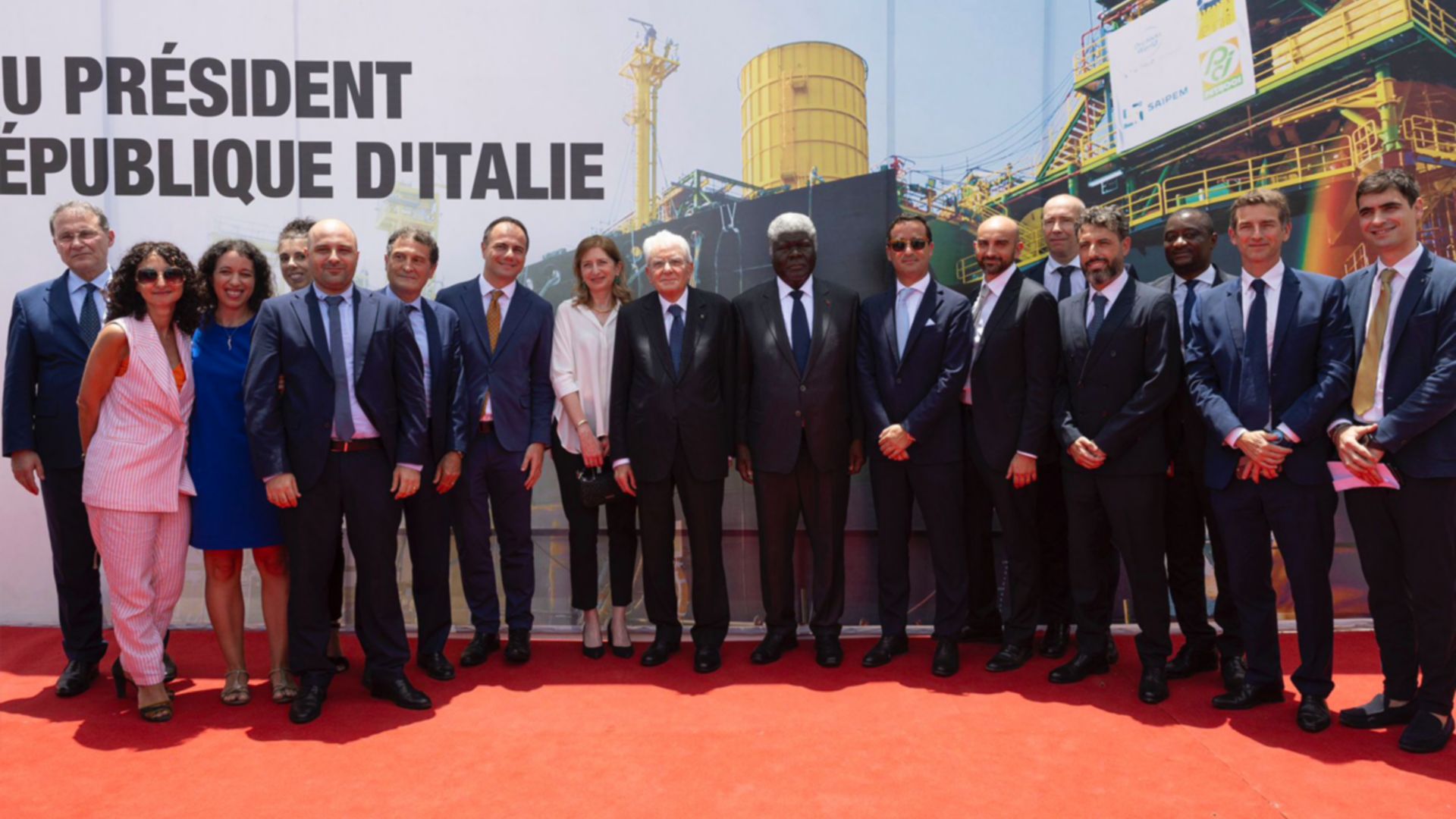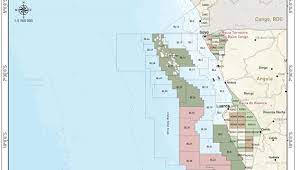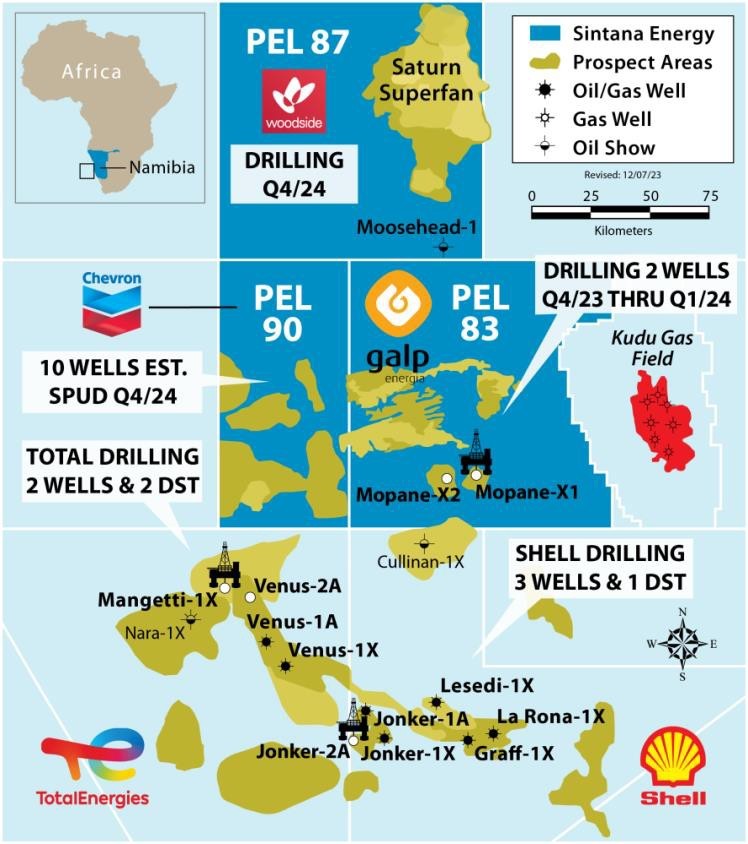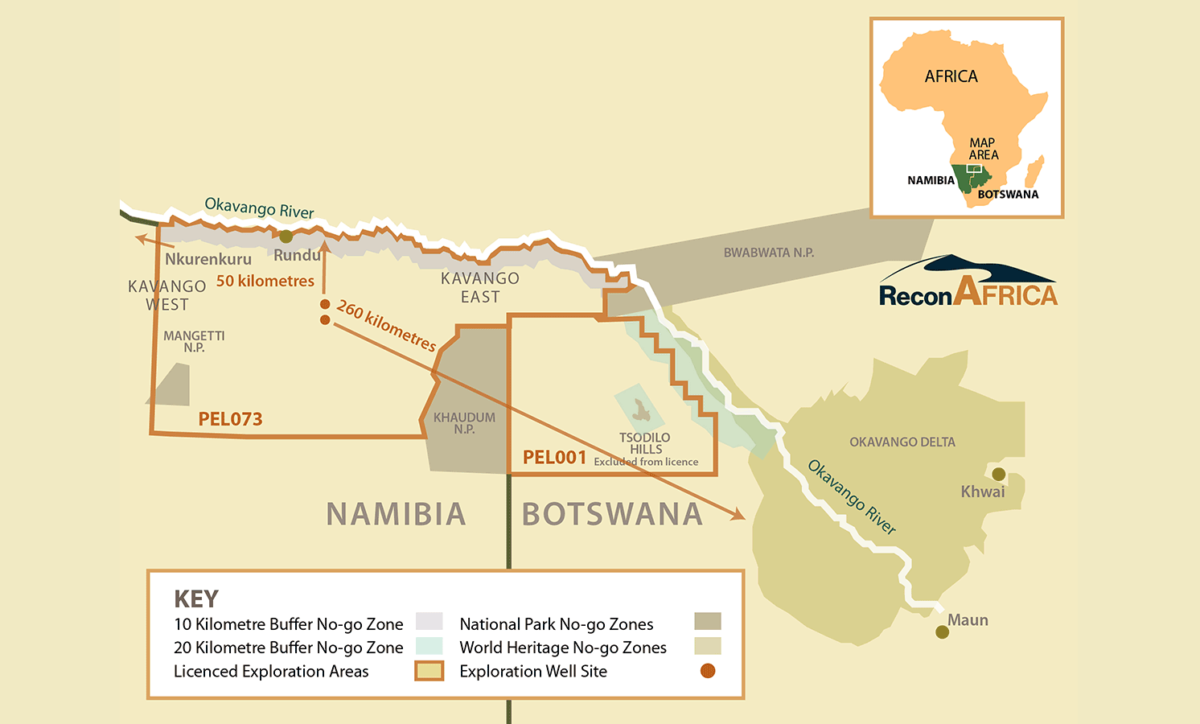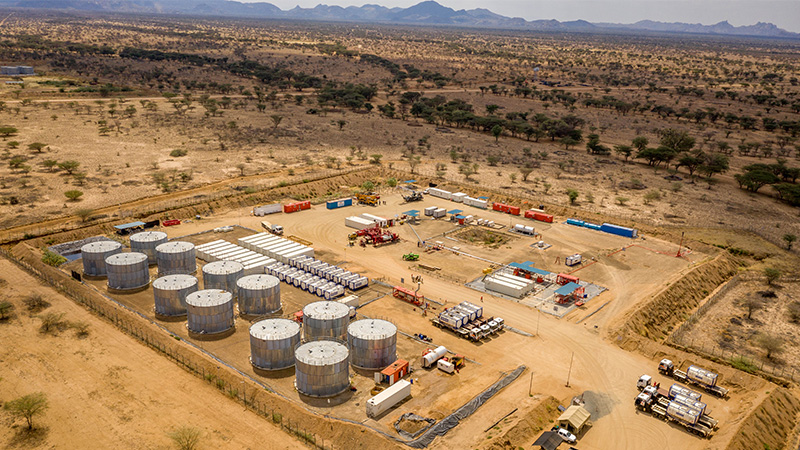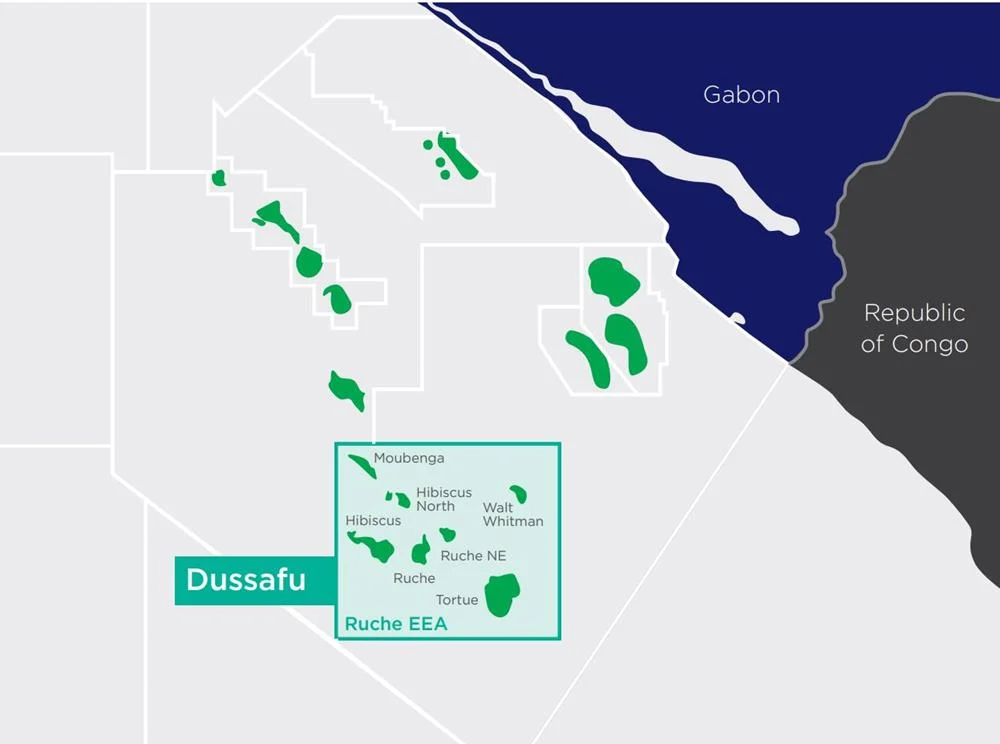Slow market impacts refining capacity expansion with reduction of 3 million barrels per day by 2020, says GlobalData
Global crude distillation unit (CDU) capacity will grow by 16.7% by 2020 based on planned and announced refineries, according to research and consulting firm GlobalData. Current capacity is 98.9 million barrels per day (mmbd), with planned projects bringing this to 115.2 mmbd. This is down from GlobalData’s previous outlook of 118.2 mmbd, from February 2016.
GlobalData’s report states that China and Nigeria have the most planned CDU capacity for the next four years. According to the latest announcements, refining operators in these two countries will spend an estimated US$84 billion; and their combined CDU capacity would increase by 3.16 mmbd should all projects be realized.
As a region, Asia has the most planned refinery capital expenditure up to 2020. Companies in 14 Asian countries are set to spend an aggregate amount of US$144.9 billion on refinery projects. Total planned CDU capacity of 4.47 mmbd would be added, based on current construction announcements.
Ben Xu, GlobalData’s Analyst covering Oil & Gas, explains: “Asian refinery capacity continues to expand in order to satisfy the region’s incremental oil demand. For the first time ever, the Chinese government is allowing private investors to participate in a mega-refinery project near Shanghai. This is a continuation of the market liberalization in China, and a new approach in funding Chinese energy projects.”
After Asia, Africa is second in terms of spending, with planned investment of US$105.4 billion to increase CDU capacity by 3.4 mmbd by 2020. In the Middle East, eight countries have a total of 3.7 mmbd planned during the forecast period, with associated capital spend totaling US$80.2 billion. In the former Soviet Union, US$36.5 billion is planned to be spent over the next four years to increase the region’s CDU capacity by 918 thousand barrels per day (mbd).
Xu continues: “In September 2016, the President of Russia, Vladimir Putin, and the President of China, Xi Jinping, signed an agreement to progress the FEPCO Nakhodka project in Eastern Russia. The refinery expands Russian’s aim to strategically position itself to satisfy the next billion new middle class consumers in Asia.”
In terms of the announced capital expenditure, Nakhodka, Okporoma, Shanghai II and Pengerang are the top planned refineries in the world for the 2016 to 2020 period. In terms of capacity, Merapoh, Lagos I and Al-Zour will be the top three planned refineries during the forecast period, according to GlobalData.
Some of the major refineries that have been canceled recently include Washington and South Dakota (both in the US), and Moheshkhali (Bangladesh). Collectively, these canceled refineries accounted for around 700 mbd.





